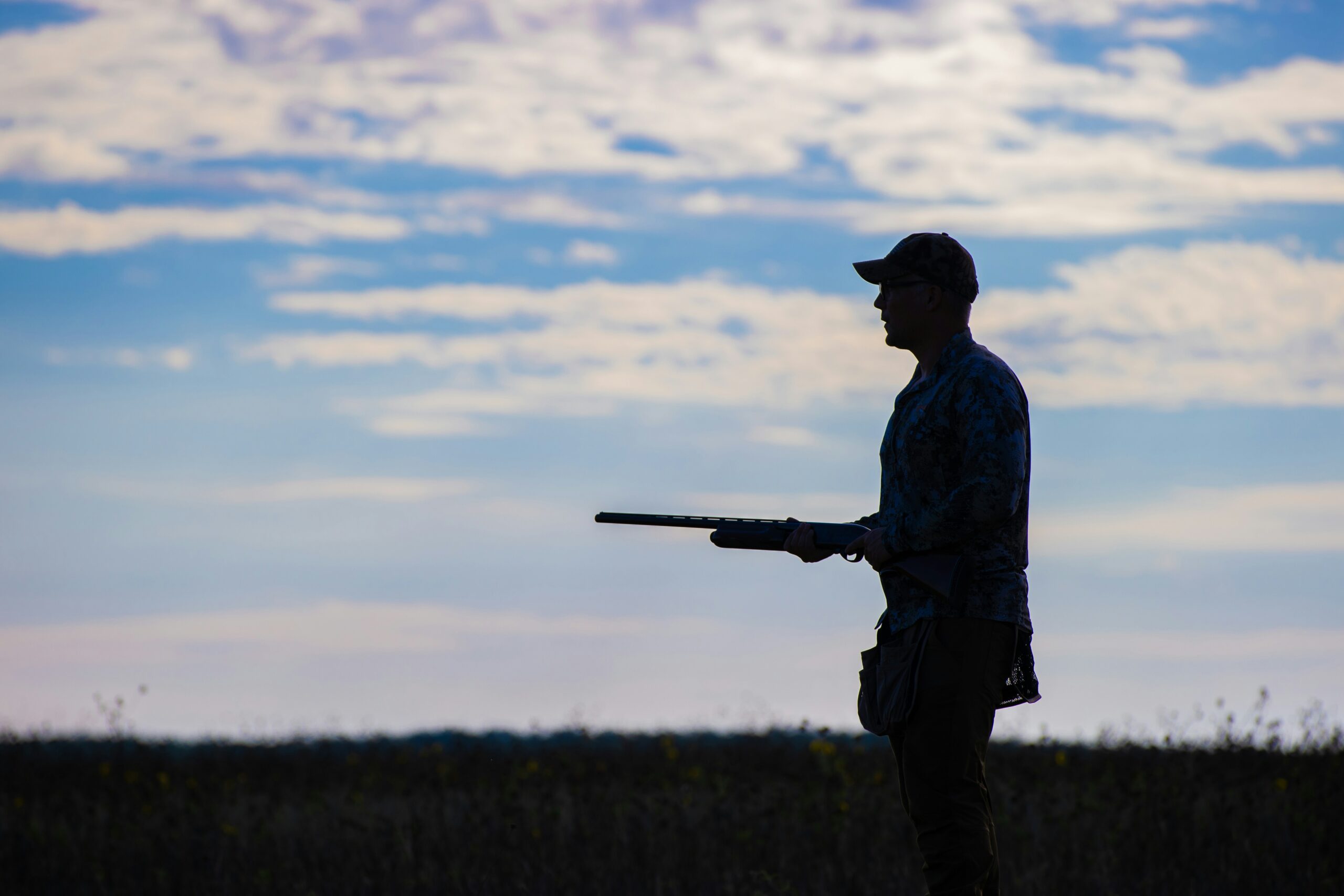
A Shared Responsibility Between Hunters and Nature
When people think of gun ownership, the conversation often drifts toward debates about rights and safety. But for many hunters and outdoor enthusiasts, firearms are more than tools for recreation—they’re part of a deeper commitment to conserving the land and protecting the wildlife that thrives on it. Responsible gun ownership has long been tied to conservation efforts, and this relationship shows how tradition and stewardship can go hand in hand.
The Historical Role of Hunters in Conservation
In the early 20th century, America’s wildlife was in crisis. Unregulated hunting and habitat destruction had pushed species like bison, deer, and wild turkeys to the brink. It was hunters—many of them gun owners—who rallied for change. They pushed for laws to regulate hunting seasons, enforce limits, and fund conservation programs. This movement laid the foundation for modern wildlife management and made sure that hunting could be sustainable for generations to come.
Funding Conservation Through Licenses and Taxes
Every time a hunter buys a firearm, ammunition, or a hunting license, they’re directly contributing to conservation. The Pittman-Robertson Act of 1937 placed an excise tax on guns and ammunition, with proceeds funneled into wildlife restoration and habitat preservation. Over the decades, this has generated billions of dollars for conservation efforts. So when a responsible gun owner gears up for hunting season, they’re also helping to protect wetlands, forests, and grasslands.
Safety and Respect Go Hand in Hand
Responsible gun ownership isn’t just about following laws—it’s about respect. Hunters who value safety ensure that their actions don’t endanger people, animals, or the environment. Safe handling of firearms prevents accidents, while ethical hunting practices ensure that only legal game is taken. For instance, many hunters pass down traditions of “fair chase,” which emphasizes skill, patience, and respect for the animal. These values align closely with conservation principles, where sustainability and responsibility are always at the forefront.
Preserving Habitats for Future Generations
Conservation isn’t just about protecting animals—it’s about safeguarding the places they live. Hunters often support organizations that purchase and restore critical habitats. Ducks Unlimited, for example, has conserved millions of acres of wetlands across North America, thanks largely to contributions from hunters. Gun owners who participate in these efforts understand that without healthy ecosystems, there would be no wildlife to sustain the tradition of hunting.
The Ripple Effect on Rural Communities
In many rural areas, hunting seasons are more than just outdoor traditions—they’re economic lifelines. Revenue from license sales supports wildlife officers, public land management, and education programs. Communities benefit from outdoor tourism, while local businesses—from sporting goods stores to diners—thrive during hunting season. When gun owners act responsibly, they help maintain these positive cycles that strengthen both conservation programs and local economies.
Education Builds a Stronger Connection
Responsible gun ownership often begins with education. Hunter safety courses teach not only firearm handling but also lessons on wildlife biology, habitat needs, and ethical decision-making. These courses foster a connection between people and the natural world, reminding new hunters that every shot carries responsibility. Passing this knowledge from one generation to the next ensures that conservation values remain strong in hunting communities.
Bridging Divides Through Shared Values
In today’s polarized conversations about guns, it’s easy to forget the common ground that exists. Even non-hunters benefit from the conservation funding and land preservation made possible by responsible gun owners. Birdwatchers, hikers, and campers enjoy public lands funded in part by hunting dollars. This shared benefit shows that responsible gun ownership isn’t just about recreation—it’s about building a legacy of stewardship that crosses political and cultural lines.
Closing Thoughts
The bond between responsible gun ownership and wildlife conservation is more than a coincidence—it’s a partnership built on respect, accountability, and care for the natural world. When hunters practice safety, invest in licenses, and support conservation efforts, they do more than protect their traditions. They help ensure that wildlife, wild places, and future generations can thrive together.